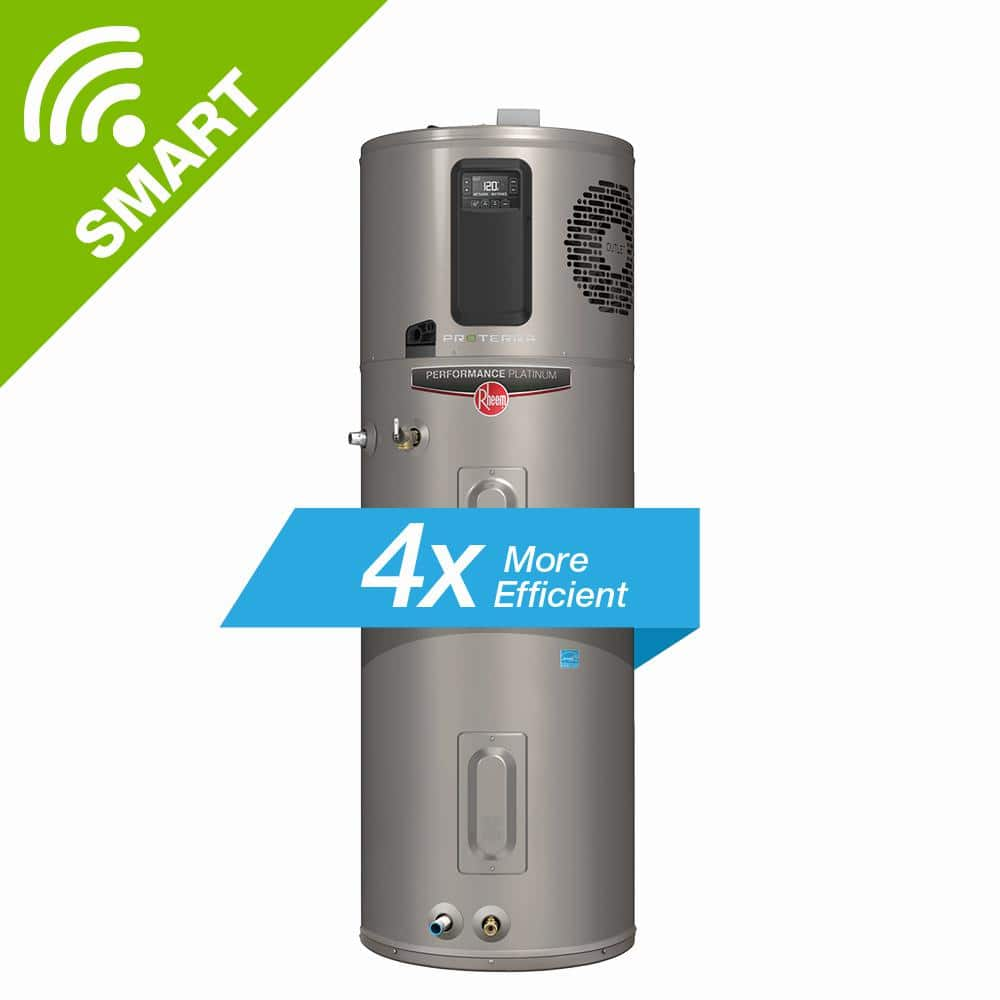Lenovo Smart Clock with Google Assistant – Chalk
Screen brightness gently increases as you wake up. Setting a Morning Routine allows you to keep up to date on the local news, sports, traffic report, and weather.
From first light to the fall of night, the Lenovo Smart Clock with the Google Assistant is there to lend a helping hand all around the clock. The stylish four-inch touchscreen and speaker let you wake up more naturally, listen to music, check the weather, sleep better at night, manage smart devices and schedules, and so much more all hands-free, quickly and easily. Just say “Hey Google” to get started. Giving you the option to wake up feeling more rested, the Smart Clock’s screen gently increases its brightness as you awaken to ease you into your morning. You can even set up a Morning Routine to bring you the local news, weather, traffic and sports automatically to keep you up to date on the latest, help you decide what to wear, and figure out what route to take to work. By making your home smarter with the Lenovo Smart Clock with the Google Assistant, you can save time, too.
Lenovo Smart Clock with Google Assistant
- Screen brightness gently increases as you wake up
- Setting a Morning Routine allows you to keep up to date on the local news, sports, traffic report, and weather
- Snooze button makes it easy to get an extra few minutes of sleep before waking up for the day
- Works easily and seamlessly with over 30,000 different smart home devices
- Lets you listen to what you like whenever you’d like even as you move from room to room
- Pairs with speakers and Chromecast
- Goodnight Routine feature can dim lights, play music and even lock the doors for you
- USB port charges your phone
- Customizable clock faces
Additional information
| Manufacturer Part Number | ZA4R0002US |
|---|---|
| Model | ZA4R0002US |
| Assembled Product Weight | 0.72 lb |
| Assembled Product Dimensions (L x W x H) | 4.48 x 3.14 x 2.95 Inches |






by Volk
Listen to music, play videos, respond to all Google commands, get recipes, search the internet. All in all a very useful and informative clock.
by Dennis
Easy to use. Easy set up. Perfect size.
by Chris
Quality great speaker easy to symbol.
by Megan
Was a little smaller the. Expected but on in all it’s nice. Has alarm, time, plus music and Google was easy to connect.
by Steve
Love it. Display darkens when lights dim. Never a missed wakeup so far.